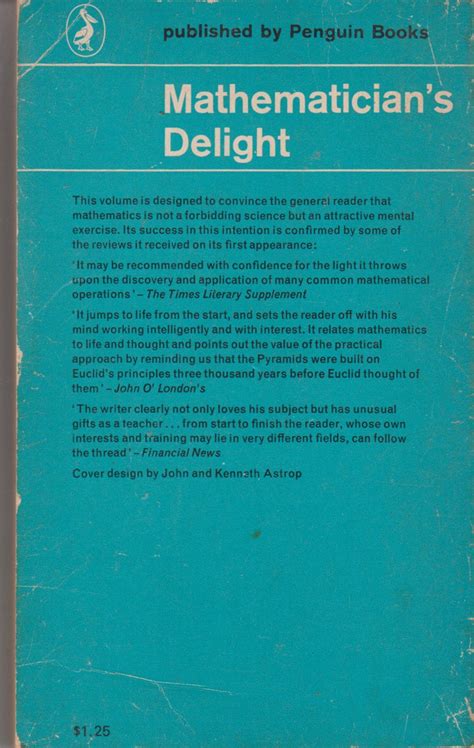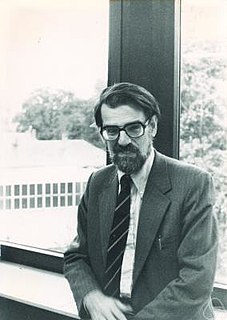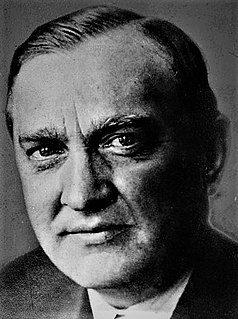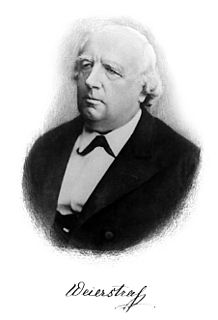A Quote by Stephen Sondheim
I was a mathematician by nature, and still am - I just knew I didn't want to be a mathematician. So I decided not to take any mathematics courses.
Related Quotes
When the world is mad, a mathematician may find in mathematics an incomparable anodyne. For mathematics is, of all the arts and sciences, the most austere and the most remote, and a mathematician should be of all men the one who can most easily take refuge where, as Bertrand Russell says, "one at least of our nobler impulses can best escape from the dreary exile of the actual world."
No mathematician should ever allow him to forget that mathematics, more than any other art or science, is a young man's game. ... Galois died at twenty-one, Abel at twenty-seven, Ramanujan at thirty-three, Riemann at forty. There have been men who have done great work later; ... [but] I do not know of a single instance of a major mathematical advance initiated by a man past fifty. ... A mathematician may still be competent enough at sixty, but it is useless to expect him to have original ideas.
A mathematician either has a feeling for equations and an understanding and delight in it, not only in the purity of it, but in its beauty as well. I don't think that's something that you learn at school. I think you can get better in mathematics on a school level, but when you're talking about being a mathematician, I think that's definitely a gift of genes or whatever, you know? Whatever your pool is.
It is a melancholy experience for a professional mathematician to find himself writing about mathematics. The function of a mathematician is to do something, to prove new theorems, to add to mathematics, and not to talk about what he or other mathematicians have done. Statesmen despise publicists, painters despise art-critics, and physiologists, physicists, or mathematicians have usually similar feelings: there is no scorn more profound, or on the whole more justifiable, than that of the men who make for the men who explain. Exposition, criticism, appreciation, is work for second-rate minds.






































